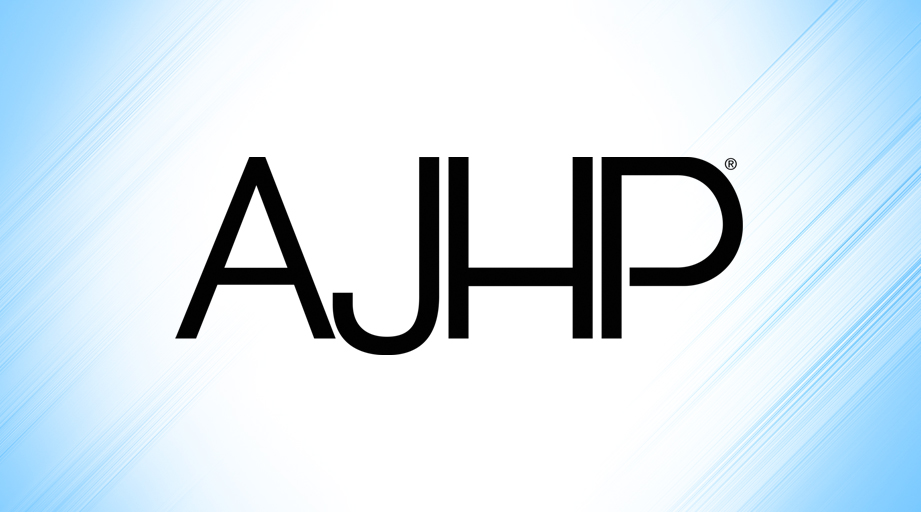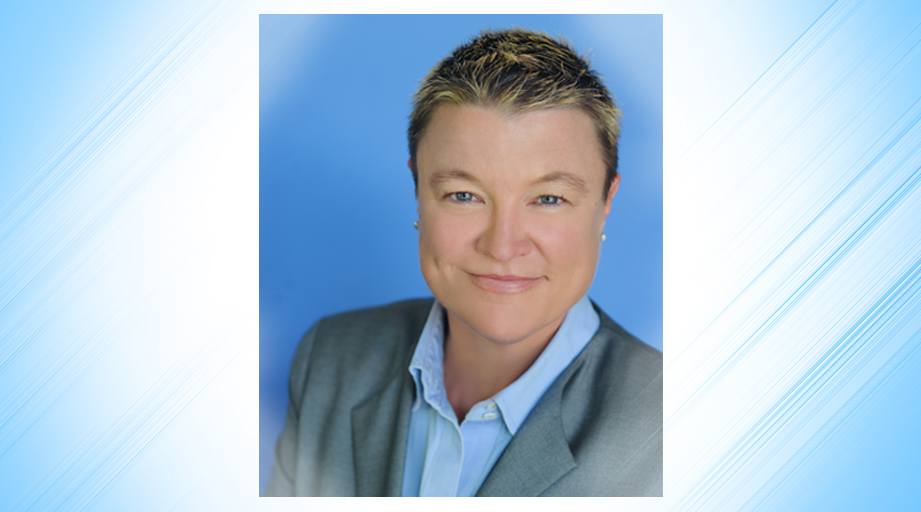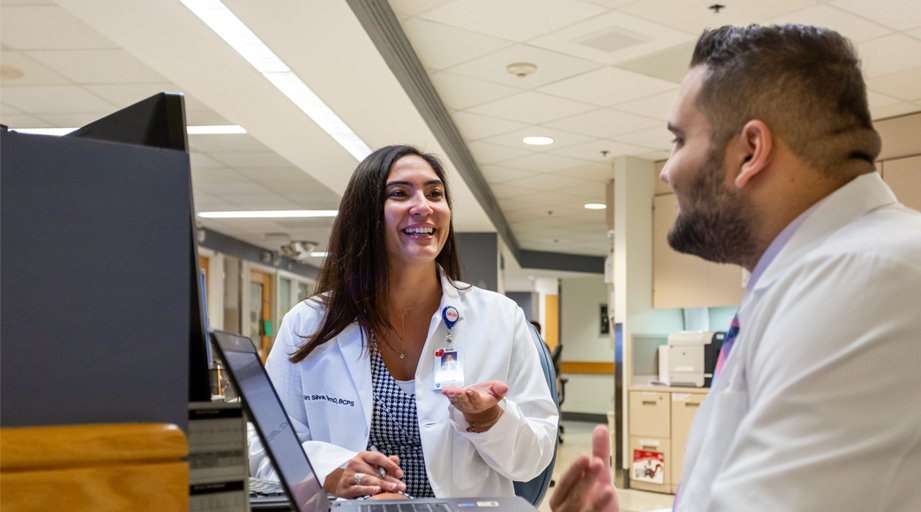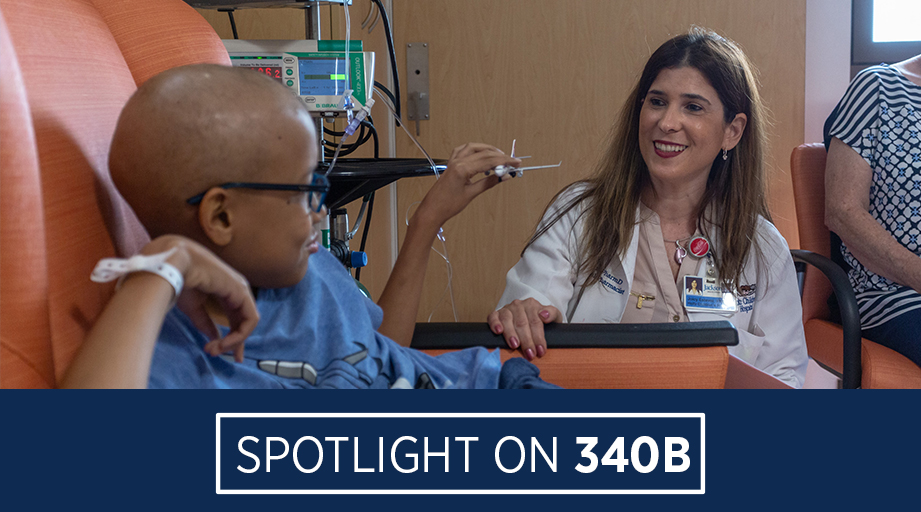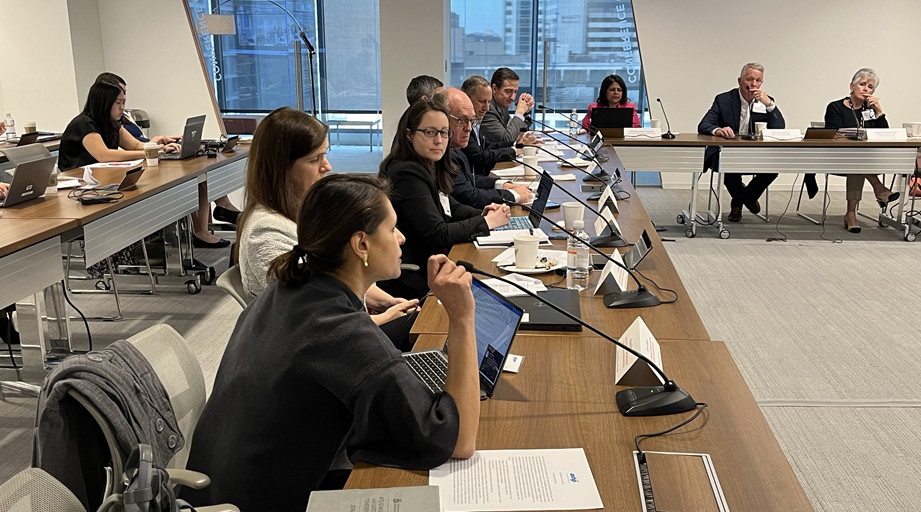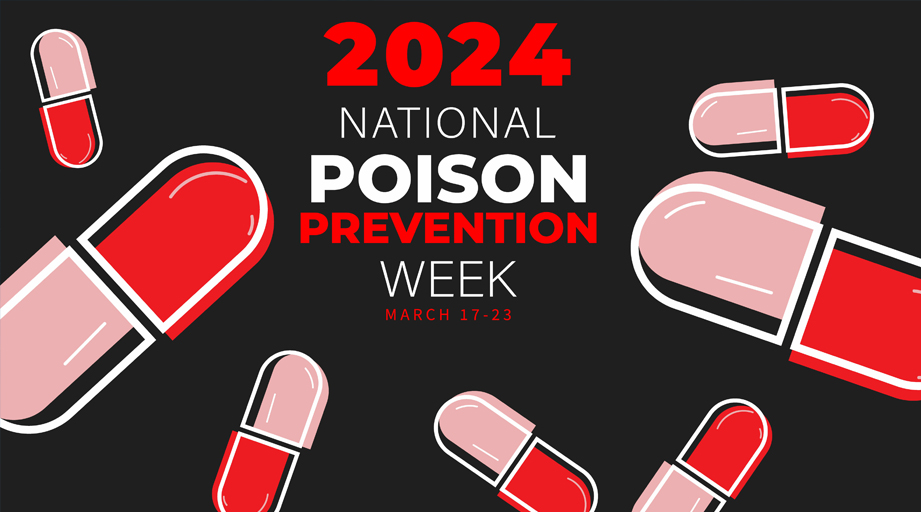
It didn’t take long for Joshua Wyche to confirm the success of an outreach effort to encourage COVID-19 vaccination in his community.
Wyche, assistant vice president for strategic planning and pharmacy services at Augusta University (AU) Health in Georgia, appeared with Charles Goodman, pastor of the Tabernacle Baptist Church, in a February educational video to talk about vaccination.
Wyche and Goodman told viewers at the outset that they would focus on facts and tackle issues that undermined vaccine confidence in the majority Black local community.
Goodman shared his initial worries that the vaccines had been rushed into peoples’ arms without adequate testing. That concern is real in Black and Brown communities, where memories of the infamous Tuskegee syphilis study foster ongoing mistrust of the healthcare system.
“We don’t want to be the guinea pigs,” Goodman said.
But he said physicians in his congregation had explained the COVID-19 vaccine testing process, allayed his concerns, and convinced him that vaccination was an expression of love for his neighbors.
During the February video, Wyche reinforced that message and talked with Goodman about the vaccines’ benefits and the real and unfounded fears on which community members base their vaccination decisions.
Later that week, four young Black women came to an AU Health vaccination clinic and told Wyche that they went from “no” to “yes” on vaccination after watching the video.
“They felt educated and empowered,” Wyche recalled in a July interview. He said he was delighted that he and the pastor got through to these young women and that they took the time to share their story.
Wyche said the video was effective because congregation members trusted their pastor’s message about vaccination. As Goodman’s invited guest, Wyche also became a credible source of information.
“It’s got to be a very personalized, on the ground, trusted strategy to ultimately move the numbers where we want them to go for vaccination rates,” Wyche emphasized.
But he also acknowledged that his community has “a long way to go” before everyone is protected against the virus.
The Georgia health department reported July 15 that 31% of residents of Richmond County, which includes Augusta, were fully vaccinated against COVID-19. Statewide, 39% of residents were fully vaccinated. According to the Centers for Disease Control and Prevention (CDC), preliminary data suggest that unvaccinated people account for nearly all recent U.S. COVID-19 hospitalizations and deaths.
Wyche said a recurring misconception in the local community is that COVID-19 vaccines impair fertility, a myth that likely originated with a false claim that the spike protein targeted by the vaccines is present on the human placenta.
“The [viral] spike protein was constantly discussed by medical professionals and the lay media,” Wyche recalled. But he said many people didn’t understand that “the spike protein that’s on the placenta and the spike protein associated with COVID-19 are completely different.”
That myth was one of several Wyche and Goodman tackled in the February outreach video.
U.S. Surgeon General Vivek H. Murthy on July 15 released a public health advisory about the threat of health and vaccine misinformation during the COVID-19 pandemic. He called health misinformation an “urgent threat” that requires action at all levels of society.
Wyche said that along with countering misinformation, clinicians need to inform patients about the known risks of COVID-19 vaccine-related adverse events, such as hypersensitivity reactions.
He said it’s helpful to let patients know that immunizations they’re already familiar with, such as influenza, pneumococcal, and varicella vaccines, can also cause hypersensitivity reactions.
At AU Health, he said, about 1 of every 700 patients has a hypersensitivity response to their COVID-19 vaccine. The reactions typically resolve on their own or after a dose of diphenhydramine. He said that of the tens of thousands of people the health system has vaccinated, fewer than five have required hospitalization for a hypersensitivity response.
“So we [say] yes, there is a chance of this, but it’s incredibly low,” he said.
Risk communication needs change as new information becomes available, such as the recent reports of myocarditis and pericarditis in young adults and adolescents who received mRNA-based COVID-19 vaccines.
Wyche said these conversations with patients are challenging.
“The information is always going to be a bit more heightened when you’re talking about an adolescent population,” he explained. A key fact to convey, he said, is that vaccine-related myocarditis is rare and typically resolves within a couple weeks.
The CDC emphasizes that the risk of serious illness and death from COVID-19 far outweighs the risk of vaccine-related myocarditis and pericarditis. The agency recommends COVID-19 vaccination for everyone age 12 years or older.
Martin Bishop, clinical pharmacy specialist in ambulatory care and population health at Johns Hopkins Hospital in Baltimore, Maryland, said in early July that his patients hadn’t yet raised concerns about vaccine-related myocarditis.
Nonetheless, the clinical and pharmacy team has created written information about myocarditis and standard talking points for hospital staff to refer to in conversations with patients. Bishop said the health system makes this and other vaccine information available centrally for all staff so everyone has access to standard, up-to-date documentation.
But he cautioned that handing out a “one-pager” of vaccine information is no substitute for a face-to-face conversation tailored to a patient’s specific concerns. He said that’s the case “even if what you’re relating to the patient is identical to that [written] information.”
Bishop said the most common COVID-19 vaccine question he gets from patients is about the risk of blood clots associated with the Johnson & Johnson–Janssen vaccine. Answers to these questions are largely based on information from the manufacturer and CDC.
Bishop said some people who come to vaccine clinics aren’t sure that they want to get vaccinated.
These people, he said, usually have “very specific ... questions about their particular circumstances.” He emphasized that clinicians need to address each concern to ensure that the patients follow through and get vaccinated.
Because some patients are uncomfortable about the emergency use authorization process through which COVID-19 vaccines were made available, Bishop reeducated himself about vaccine licensing and clinical trial design. With that refresher, he’s better able to talk with patients about those processes as well as product-specific issues related to the vaccines.
Bishop said that when the health system began staffing mass vaccination clinics, the onsite team had to reassure some community members about the content and integrity of vaccine doses.
“We tried our best to have the preparation of all these doses visible. And if anyone had questions about how they were prepared, or whether room temperature or cold chain stuff was maintained appropriately, we would tour patients through those activities as often as we could to make sure ... everyone had a comfort level with what we were doing,” Bishop said. He said this seemed to reassure people that there were “no microchips, no 5G, none of that stuff” in the vaccine doses.
Bishop said rumor-based concerns like those have lessened over time.
“Most questions have gone from the tough-to-disprove conspiratorial to quite clinical concerns about side effects, things based in data, which is refreshing,” he said. “Those are easier to talk about because you can actually point to evidence. It’s tough to disprove there’s no microchips in there.”
ASHP is a partner in the Get the Medications Right™ Institute’s National Task Force on building vaccine confidence and participant in federal efforts to boost COVID-19 vaccine uptake. Learn about the task force's work and ASHP's free tools regarding the pandemic, including our COVID-19 Vaccine Confidence Toolkit and Assessment of Evidence for COVID-19-Related Treatments. Additional information is available at ASHP’s COVID-19 Resource Center and the COVID-19 Community at ASHP Connect.
[This news story will appear in an upcoming issue of AJHP.]

